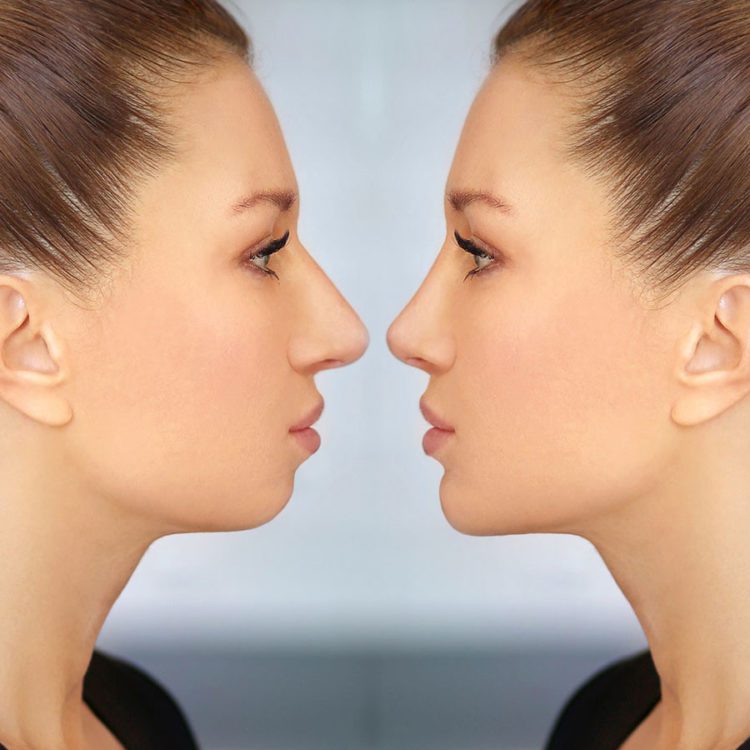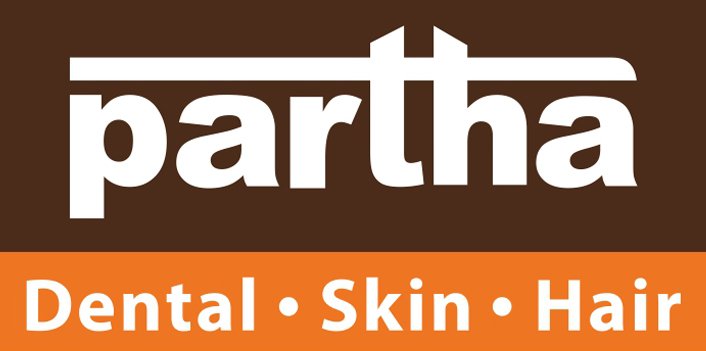What is Genioplasty?
Genioplasty, commonly referred to as chin surgery, is a kind of cosmetic surgery used to alter the chin's appearance. It gives us the freedom to align the chin position forward or backward according to facial esthetics.
It is carried out by a plastic surgeon under general anesthesia. If you are concerned with the position, shape, or contour of your chin, genioplasty may be a good treatment option for you.


Corrects Facial Asymmetry

Enhanced Appearance

Long Lasting
Procedure:
- Facial profile analysis will be done in the first visit with the necessary radiographical and prosthetic aids.
- Once the procedure is finalized by the team of the doctors, same will be explained to the client also.
- Pre surgical preparation will be done with complete surgical profile
- Consent pertaining to the procedure will be taken from the client
- Surgery will be usually performed under general anesthesia.
- Post surgical observation would be for one day at the hospital. Followup checkups would be done at clinics.
Post Surgical Care:
- People might experience slight bruising, redness, or swelling, which should go away on their own.
- Cold compresses and prescription given by your dentist can help minimise pain and swelling. Within a week, the majority of people may resume their normal activities.
- Within a few weeks, the chin might look fully recovered. Complete healing, however, happens when there are no longer any indications of lingering edema, which might take three months.
- Patients who have had sliding genioplasty or implant surgery should go to routine follow-up appointments so their doctor may check on their recovery and handle any issues.
Frequently Asked Questions
Answer: It is a straightforward treatment with little discomfort. You may feel swelling and bruising. The healing time is under a week.
Answer: A Genioplasty can be done alone or in conjunction with other facial procedures, and it takes around an hour to complete.
Answer: Swelling and numbness of the lip and chin for a period of one to two weeks are typical consequences. Fortunately, this is really uncommon in our practice.



